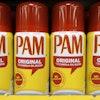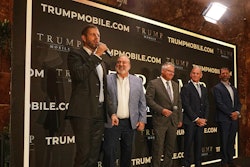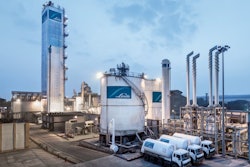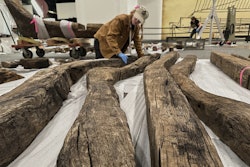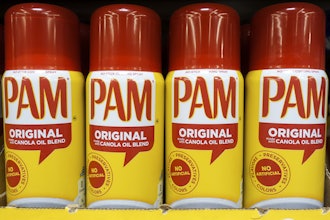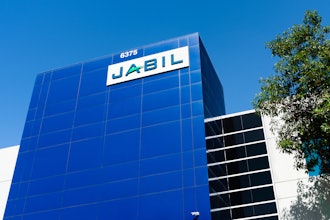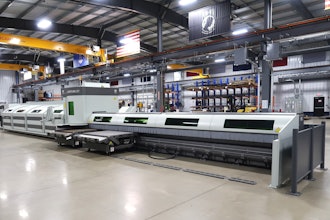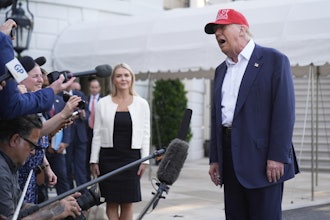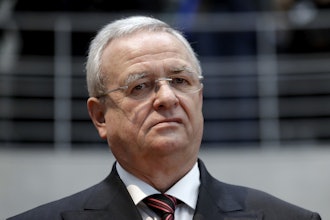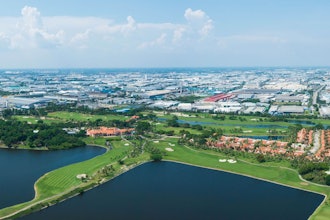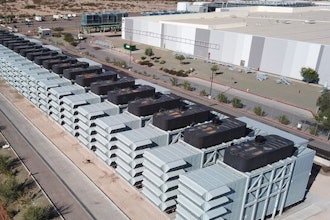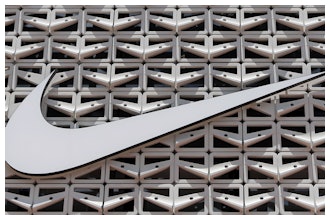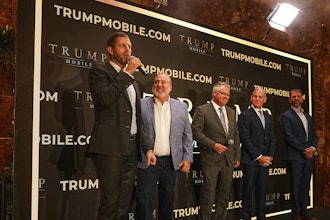KANSAS CITY, Kan. (AP) -- General Motors Co., hoping to seize on its hot-selling sedans and a growing trust in American-made cars, said Wednesday it will pour $257 million into expanded production at its plants in Kansas and Michigan.
Before a crowd of about 300 workers and political dignitaries at the GM's Fairfax Assembly Plant, CEO Ed Whitacre said the money would pay for significant production-line expansions at Fairfax and the Detroit-Hamtramck plant, both of which will build the next generation of the popular midsize Chevrolet Malibu.
Whitacre said $136 million would establish Fairfax as the Malibu's main production facility, news that drew loud cheers from the crowd because it cements, at least for the near future, the role of Fairfax and its nearly 4,000 employees.
The news was also the second shot of positive publicity for GM in as many days. On Tuesday, Whitacre said the automaker had repaid the $8.1 billion in loans it got from the U.S. and Canadian governments, an early payback that Whitacre says is a sign the automaker is recovering.
"We are able to repay the taxpayers ahead of schedule becasue we are designing, building and selling the best cars and trucks General motors has produced ever," Whitacre said. "We pledge to use these funds to restructure the company, to reinvest in our people and our plants, create new jobs. ... Today we are doing exactly that."
The factory investments in Kansas and Michigan, where $100 million will be used to expand Malibu production at the Detroit-Hamtramck, likely won't create new jobs but should preserve what's already there.
Fairfax has 3,869 workers who also build the midsize Buick LaCrosse luxury sedan. At Hamtramck, which has 1,048 employees, GM now builds the Cadillac DTS and Buick Lucerne large sedans and is gearing up to make the Chevrolet Volt rechargeable electric car.
GM got a total of $52 billion from the U.S. government and $9.5 billion from the Canadian and Ontario governments as it went through bankruptcy protection last year. The U.S. considered as a loan $6.7 billion of the aid, while the Canadian governments held $1.4 billion in loans.
"We've developed a healthy, clean balance sheet and we've developed a cost structure that allows us to be competetive," Whitacre said.
During the financial crisis that led to GM filing for bankruptcy protection last year, the automaker closed 14 factories and shed more than 65,000 blue-collar jobs in the U.S. through buyouts, early retirement offers and layoffs. The company now employs about 40,000 hourly workers in the U.S.
After the event at the Kansas City plant, Whitacre was scheduled to fly to Washington, where he will meet with House Speaker Nancy Pelosi and other lawmakers.
GM's moves come as a new poll finds that slightly more Americans now say the U.S. makes better-quality vehicles than Asia, with 38 percent saying U.S. cars are best and 33 percent preferring autos made by Asian companies, according to an Associated Press-GfK survey.
The poll suggests the shift in sentiment is largely fueled by a plunge in Toyota's reputation and an upswing in Ford Motor Co's. The poll was conducted in March, as Toyota was suffering bad publicity over its recall of more than 8 million vehicles around the globe.
When the same question was asked in a December 2006 AP-AOL poll, 46 percent said Asian countries made superior cars, while just 29 percent preferred American vehicles, reflecting a perception of U.S. automotive inferiority that began taking hold about three decades ago.
Fairfax worker Peggy Hyatt, a Kansas City, Mo. woman who works in the plant's body shop, has been with GM since 1977. She came to the Fairfax plant after being laid off in Georgia and said the plant's new responsibilities should boost morale.
"It's great because it gives us goals and incentives. And we know we got a job," said Hyatt, 52. "We may have had hard times before but now we're coming back."

